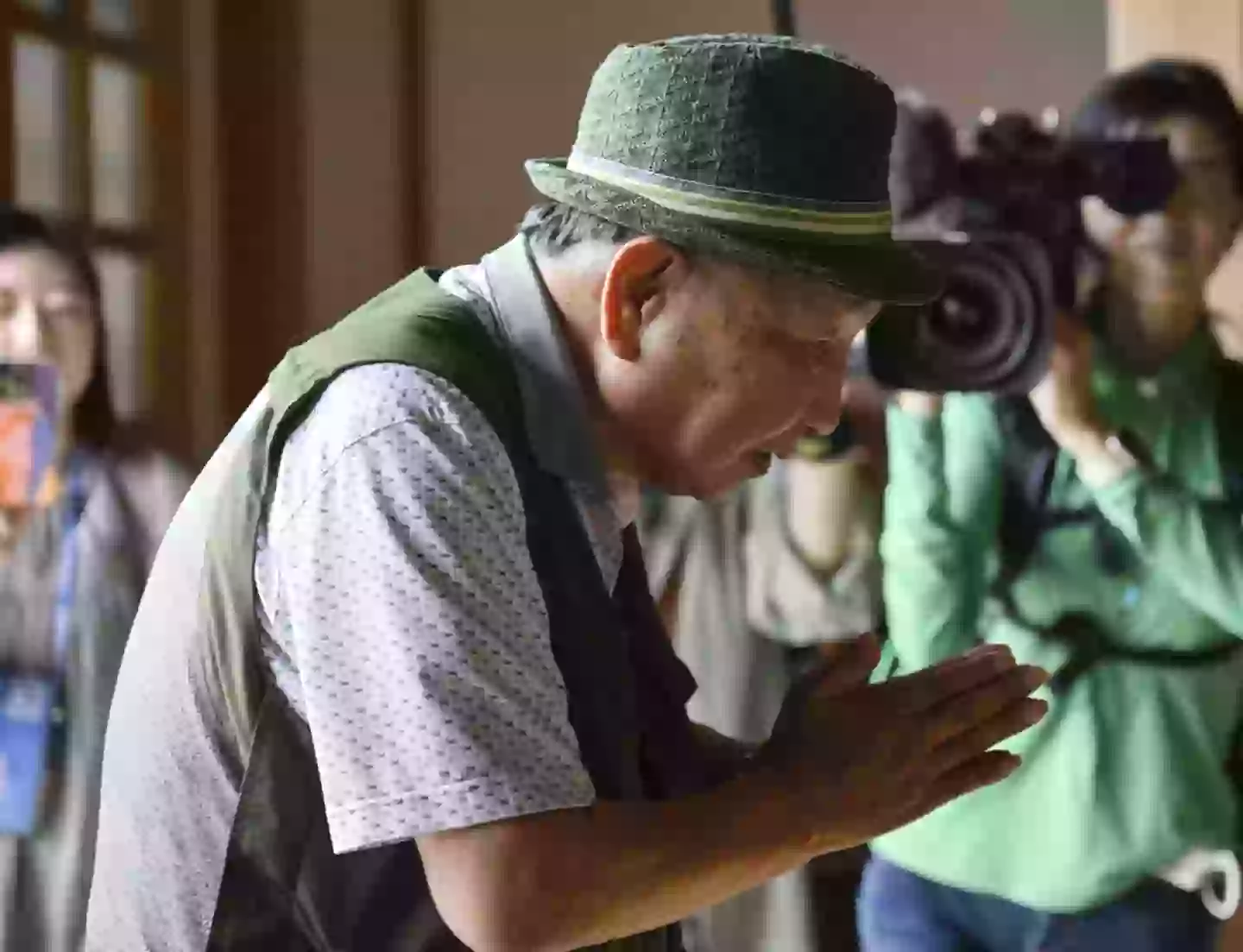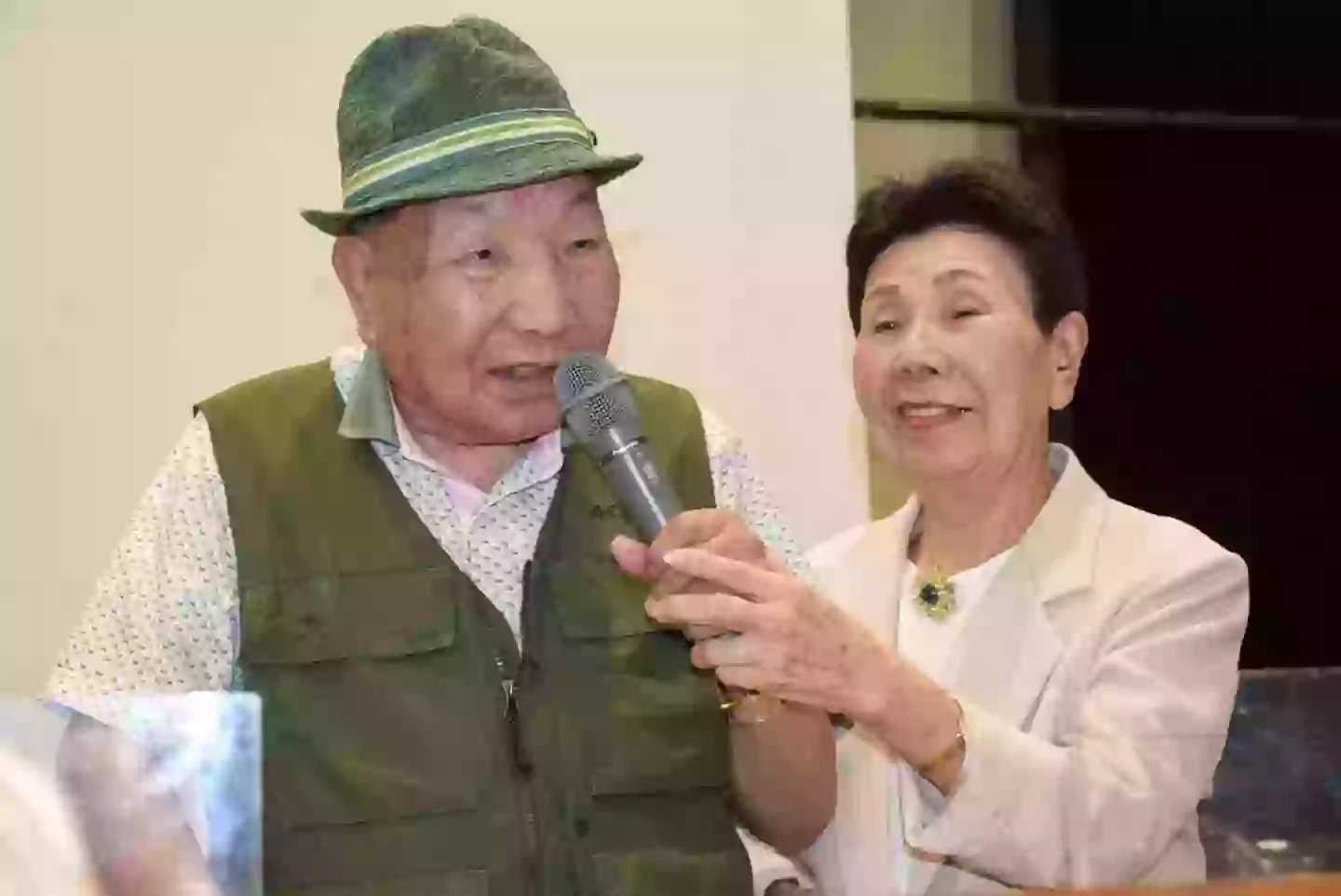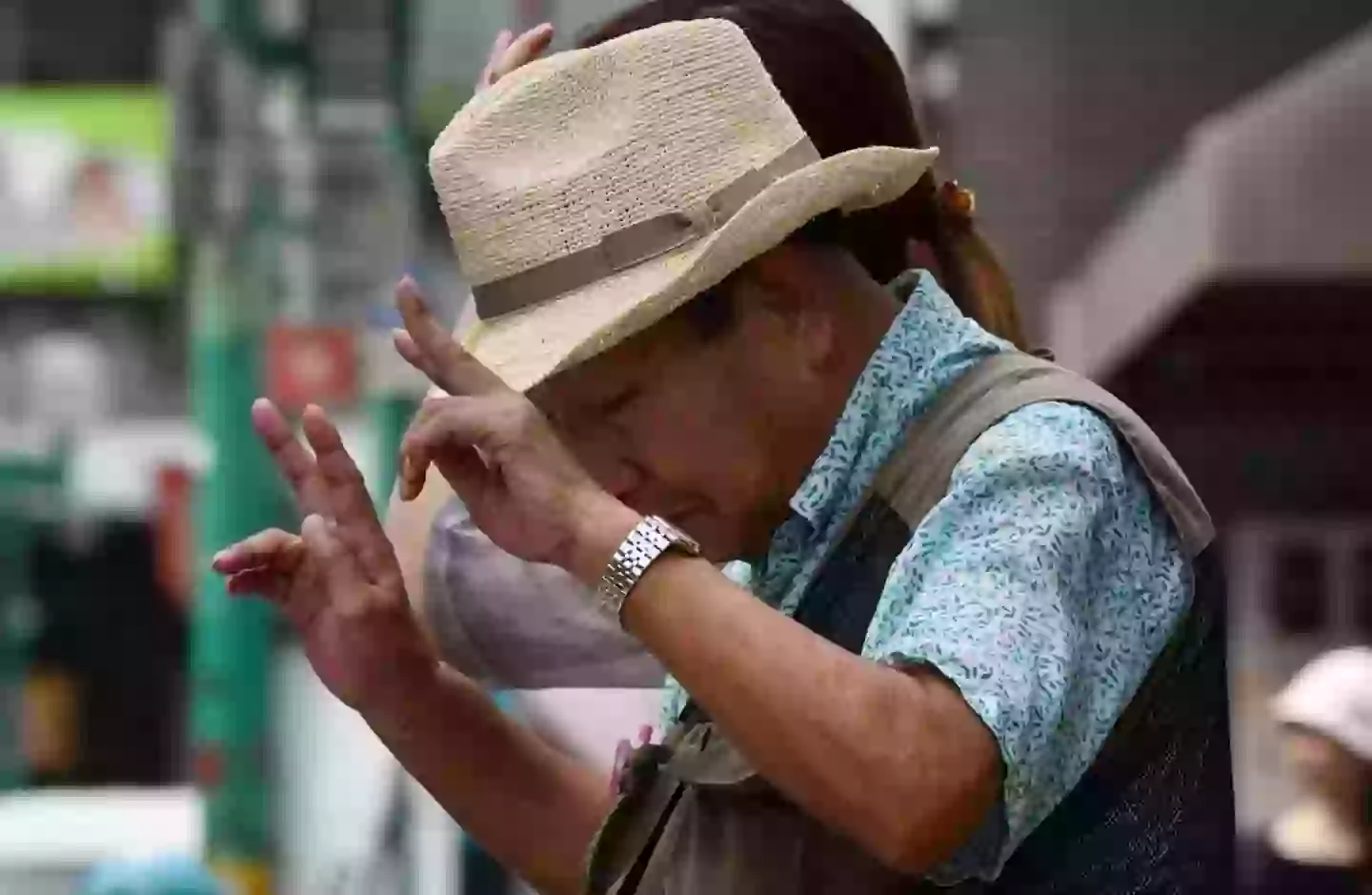
World’s longest-serving death row inmate to receive record payout after he was found not guilty 56 years after sentencing
A Japanese man is set to receive more than 200 million yen after being sentenced to death in the 1960s.
Back in 1968, a 32-year-old Iwao Hakamata was found guilty of killing his boss, his boss’ wife and their two teenage children, after their family home was set alight two years prior.
Now aged 89, he is set to receive 217 million yen – which equates to $1.45 million, or $25,892 every year that passed before he was acquitted for their murder last year.
While the figure to you and I may not justify a lifetime of imprisonment, it is still the record payout for a criminal case in Japan.

Iwao Hakamata visits a temple after he was acquitted on September 26, more than half a century after his murder conviction (JAPAN POOL/JIJI Press/AFP via Getty Images)
Taking to Twitter, one user slammed the figure that Japan’s judicial system will pay him as being: “Not enough.”
While a second added: “That’s very little compensation… insignificant.”
Hakamata has long maintained his innocence, yet the former boxer’s campaign for a retrial was denied in 1980, while his second appeal was filed in 2008 by his sister, Hideko Hakamata, now aged 91.
However, it wasn’t until 2014 that a judge ordered a retrial to take place, with new evidence suggesting his conviction may have been based on fabricated accusations by investigators.

Hakamata speaking as his 91-year-old sister Hideko holds the microphone (STR/JIJI Press/AFP via Getty Images)
While he was not acquitted, Hakamata was able to serve his sentence at home because of ill health and law enforcement concluding his age meant he was low risk for escape.
In September last year, hundreds of people attended his hearing in Shizuoka, a coastal city an hour train’s journey from Tokyo, where a judge ruled he be acquitted – much to the joy of the crowd.
Unfortunately, Hakamata was unable to attend his court case after he was exempted due to his deteriorated mental state.

Hakamata pictured in 2018 (KAZUHIRO NOGI/AFP via Getty Images)
A major point of discussion for arguing his innocence was blood-stained clothing that investigators claimed Hakamata wore during the crime and hid in a tank of fermented soybean paste.
However, defence lawyers and earlier retrial decisions said the blood samples did not match Hakamata’s DNA.
Meanwhile, trousers that prosecutors submitted as evidence were said to be too small for Hakamata and did not fit when he tried them on.
Despite this evidence that the senior citizen did not murder his boss and his boss’ family, in May last year prosecutors still asked for the death penalty to be enforced, which led to critics questioning whether the system needed reform.
But on 26 September, he was acquitted after a court found him not guilty of the charges.
“The court finds the defendant innocent,” judge Koshi Kunii said at the time.

